Gilbert Murray - Tradition and Progress
Here you can read online Gilbert Murray - Tradition and Progress full text of the book (entire story) in english for free. Download pdf and epub, get meaning, cover and reviews about this ebook. year: 2009, publisher: Cornell University Library, genre: Science. Description of the work, (preface) as well as reviews are available. Best literature library LitArk.com created for fans of good reading and offers a wide selection of genres:
Romance novel
Science fiction
Adventure
Detective
Science
History
Home and family
Prose
Art
Politics
Computer
Non-fiction
Religion
Business
Children
Humor
Choose a favorite category and find really read worthwhile books. Enjoy immersion in the world of imagination, feel the emotions of the characters or learn something new for yourself, make an fascinating discovery.
- Book:Tradition and Progress
- Author:
- Publisher:Cornell University Library
- Genre:
- Year:2009
- Rating:5 / 5
- Favourites:Add to favourites
- Your mark:
- 100
- 1
- 2
- 3
- 4
- 5
Tradition and Progress: summary, description and annotation
We offer to read an annotation, description, summary or preface (depends on what the author of the book "Tradition and Progress" wrote himself). If you haven't found the necessary information about the book — write in the comments, we will try to find it.
Tradition and Progress — read online for free the complete book (whole text) full work
Below is the text of the book, divided by pages. System saving the place of the last page read, allows you to conveniently read the book "Tradition and Progress" online for free, without having to search again every time where you left off. Put a bookmark, and you can go to the page where you finished reading at any time.
Font size:
Interval:
Bookmark:
PROGRESS
BY
GILBERT MURRAY
LL.D., D.Litt., F.B.A.
REGIUS PROFESSOR OF GREEK IN THE UNIVERSITY OF OXFORD
DELEGATE FOR SOUTH AFRICA TO THE SECOND ASSEMBLY
OF THE LEAGUE OF NATIONS, 1921
BOSTON & NEW YORK
HOUGHTON MIFFLIN COMPANY
1922
-3-
|
QVAE IUVENIS IUVENI VITAM MECUM CONSOCIAVIT
M. H. M.
CONSILIORUM PARTICIPI CONSOLATRICI LABORUM
TEMPORIS UNA EXACTI DISPERSOS FRUCTUS
DEDICO
-5-
|
SEVERAL of these papers have appeared in periodicals or been published in the proceedings of societies, and I have to thank the editors or the committees for the permission to reprint.
To make a collection even on a small scale of one's occasional writings on popular subjects throughout a long period of years is, I find, a matter of some anxiety. A man has generally little confidence in his past self. There is no knowing what it may have done, or what foolish things it may have thought or written, ten or twenty years ago. I confess that when I began to look through my papers with a view to the present selection I rather expected to find embarrassing self-contradictions or indiscretions of which I should now be ashamed. In this I was agreeably disappointed, but I did find what from the reader's point of view is perhaps worse, a good deal of repetition, or rather a constant attempt, by different means and in different contexts, to say very much the same thing. This discovery has suggested the order in which the essays are now arranged. Popular essays--if I may venture to hope that these are in any sense popular--are normally written upon large and profound subjects about which neither the writer nor the reader can claim exact knowledge. That is inevitable and by no means blameworthy. Yet it does seem fair to ask that one who takes it upon him to advise his neighbours about uncertain and speculative things ought first to possess exact knowledge about something or other. It is not merely that he ought to know some little corner of the world before passing judgements on the world as a whole. He ought also to know the difference between knowing and not
-7-
knowing; he ought to have mastered, in some one subject, the method by which knowledge is acquired. And whatever his subject is, his experience of it will be an invaluable help to him in understanding matters outside it, and will probably here and there enable him to see some things which people with a different experience have failed to see. Of course it will also to some extent mislead him; that is inevitable. It will, in spite of all vigilance, give a bias or a colour to his conceptions.
For good and evil, the present writer is a "grammaticus" and in particular a Greek student. His special form of experience and the point of view to which it leads are given in the first paper, Religio Grammatici. Starting from some study of "letters" as the record made by the human soul of those moments of life which it has valued most and most longs to preserve, he makes his attempt to understand its present adventures and prospects. The next three essays deal more or less directly with Greek subjects, or rather with the light thrown by particular phases of Greek experience upon modern problems of society and conduct and literature. Then the connexion with Greece becomes slighter, and by the end of the book we are dealing directly with modern questions.
Most of the papers are recent. One only is twenty years old. The address on National Ideals has been included here after some hesitation because, in spite of a certain crudity and perhaps ferocity of tone, it seemed to me that its expression of the feelings of the Liberal minority in England during the Boer War afforded an interesting parallel to the feelings of the same minority twenty years later, at the close of the Great War. I will not lay stress on the similarities nor yet on the differences, except one: that now there is a League of Nations and then there was not. To a present-day reader the last half-desperate pages of that paper seem almost like a conscious argument for the foundation of a League of Nations; but of course at that time the name of the League had never been spoken nor the idea conceived except as a fantasy.
G. M.
-8-
|
|
RELIGIO GRAMMATICI1
THE RELIGION OF A "MAN OF LETTERS"
IT is the general custom of this Association to choose as its President alternately a Classical Scholar and a man of wide eminence outside the classics. Next year you are to have a man of science, a great physician who is also famous in the world of learning and literature. Last year you had a statesman, though a statesman who is also a great scholar and man of letters, a sage and counsellor in the antique mould, of world-wide fame and unique influence. And since, between these two, you have chosen, in your kindness to me, a professional scholar and teacher, you might well expect from him an address containing practical educational advice in a practical educational crisis. But that, I fear, is just what I cannot give. My experience is too one-sided. I know little of schools and not much even of pass-men. I know little of such material facts as curricula and timetables and parents and examination papers. I sometimes feel--as all men of fifty should--my ignorance even of boys and girls. Besides that, I have the honour at present to be an official of the Board of Education; and in public discussions of current educational subjects an officer of the Board must in duty be like the poetical heroine--"He cannot argue, he can only feel."
Font size:
Interval:
Bookmark:
Similar books «Tradition and Progress»
Look at similar books to Tradition and Progress. We have selected literature similar in name and meaning in the hope of providing readers with more options to find new, interesting, not yet read works.
Discussion, reviews of the book Tradition and Progress and just readers' own opinions. Leave your comments, write what you think about the work, its meaning or the main characters. Specify what exactly you liked and what you didn't like, and why you think so.

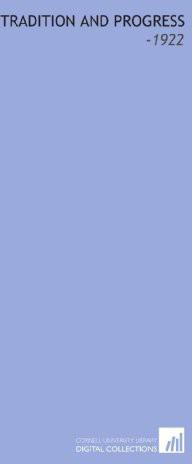
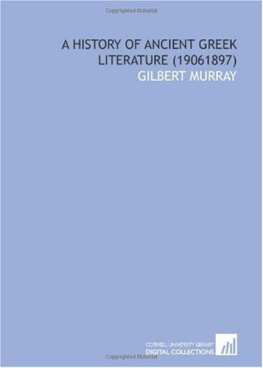
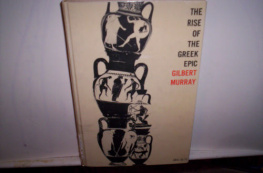
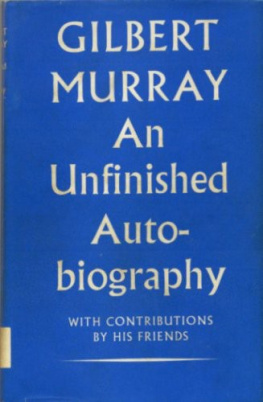
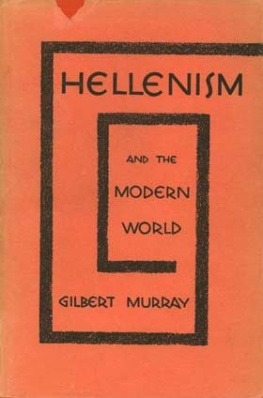




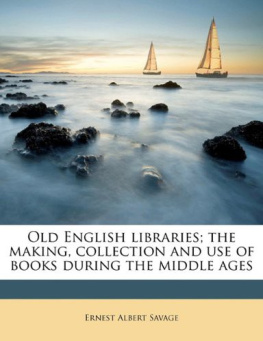
![Clark - Libraries in the Medieval and Renaissance Periods: The Rede Lecture Delivered June 13, 1894, by J. W. Clark [ 1894 ]](/uploads/posts/book/207578/thumbs/clark-libraries-in-the-medieval-and-renaissance.jpg)
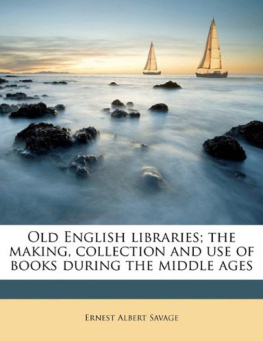
![John Willis Clark - Libraries in the Medieval and Renaissance Periods: The Rede Lecture Delivered June 13, 1894, by J. W. Clark [ 1894 ]](/uploads/posts/book/60919/thumbs/john-willis-clark-libraries-in-the-medieval-and.jpg)